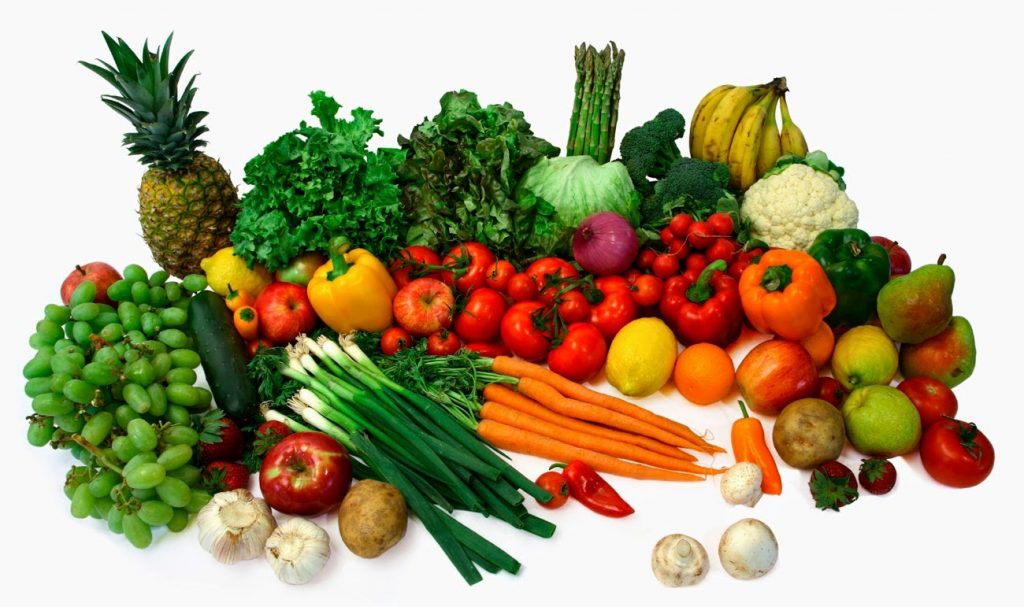Top Tips for Choosing Organic Green Vegetables

Top Tips for Choosing Organic Green Vegetables
Ever stood in the grocery shopping aisle, wondering how to pick the best nutritious greens? You're not alone! Choosing organic green vegetables can be a bit of a minefield. But don't worry, I've got you covered with these top tips for selecting the freshest, most eco-friendly produce.
Why Go Organic?
Before we dive in, let's quickly discuss why organic is the way to go. Organic vegetables are pesticide-free, which means you're not ingesting any nasty chemicals. Plus, organic farming is better for the environment. It's a win-win!
Know Your Seasonal Produce
First things first, know your seasons. Fresh produce that's in season is not only cheaper but also tastier and more nutritious. Mother Nature knows best, right? So, do a little research and find out what's in season before you hit the supermarket.
The Importance of the Dirty Dozen
You might have heard of the Dirty Dozen. These are the fruits and vegetables that tend to have the highest pesticide residues. If you're on a budget and can't go fully organic, prioritize these bad boys. Spinach and kale are often on the list, so if you're a fan of green smoothies, it's worth splashing out on the organic stuff.
How to Spot the Freshest Greens
Check the Leaves
You can tell a lot about a vegetable's freshness by its leaves. You want them to be vibrant, crisp, and perky. Avoid anything that's wilting, yellowing, or has black spots. That's a sure sign they're past their best.
Stalks and Stems Matter Too
Don't forget to check the stalks and stems! They should be firm and crisp. If they're limp or slimy, steer clear.
The Color Test
Generally, the darker the green, the more nutritious the vegetable. So, when you're choosing between, say, iceberg and romaine lettuce, go for the romaine. It's got way more vitamins and minerals.
The Organic Label: What to Look For
When you're shopping organic, look for the USDA certified organic label. This means the produce has been grown without synthetic pesticides, bioengineered genes (GMOs), or petroleum-based fertilizers.
Where to Shop for Organic Greens
Farmers Markets
Farmers markets are a treasure trove of organic greens. You can chat with the farmers, learn about their growing practices, and support local agriculture. Plus, the produce is usually super fresh.
Supermarkets
Most supermarkets have an organic section these days. While the selection might not be as vast as a farmers market, it's still a convenient way to get your organic fix.
Online Delivery
Don't have time to shop? No problem! There are plenty of online delivery services that specialize in organic produce. They'll bring the farm right to your doorstep.
How to Store Your Organic Greens
To keep your greens fresh for as long as possible, store them in the refrigerator. A crisper drawer is ideal, as it maintains a higher humidity level. Make sure to keep them away from ethylene-producing fruits like apples and bananas, as this can speed up spoilage.
Wash Before You Eat
Even though organic greens are pesticide-free, you should still wash them before eating. This will remove any dirt, debris, or lingering bacteria. Just give them a quick rinse under cold water and pat dry with a paper towel.
Get Creative with Your Greens
Now that you've got all these beautiful organic greens, it's time to get creative in the kitchen! Toss them in salads, blend them into smoothies, or sauté them with a bit of garlic and olive oil. The possibilities are endless.
Conclusion
Choosing organic green vegetables doesn't have to be a chore. With these tips, you'll be a pro in no time. So, get out there and fill your basket with the best nutritious greens the grocery shopping aisle has to offer. Your body (and the planet) will thank you!
FAQs
Q: What if I can't afford to buy all organic?
A: That's totally okay! Just prioritize the Dirty Dozen fruits and vegetables. These have the highest pesticide residues, so it's worth splurging on the organic versions.
Q: Should I always choose local produce?
A: Local produce is usually fresher and supports local farmers. However, if your local area doesn't grow a wide variety of greens, it's fine to branch out.
Q: Can I eat organic greens raw?
A: Yes, as long as you wash them first. Even organic greens can harbor bacteria from the soil or handling.
Q: How long do organic greens last?
A: It depends on the type of green, but generally, they'll last anywhere from a few days to a week when stored properly in the refrigerator.
Q: What's the best way to cook organic greens?
A: It varies depending on the green, but sautéing, steaming, and roasting are all great methods. Just be careful not to overcook them, as this can deplete their nutritional value.

Belum ada Komentar untuk " Top Tips for Choosing Organic Green Vegetables"
Posting Komentar